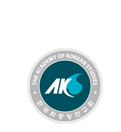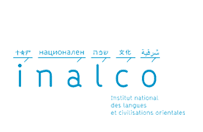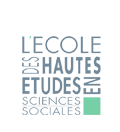Located in West Africa, the Ivory Coast became a colony of France in 1893 and gained its independence in the 1960s, establishing diplomatic relations with South Korea in 1961. Two years before independence in 1958 in the then-capital of Abidjan, the Abidjan Center for Higher Education was founded with the country’s first medical school. Later a law school and department for economics and business administration would be added to form the University of Abidjan-Cocody. Beginning in the latter half of 1999, the country would experience two civil wars. A third civil war raged from the late 2010 to early 2011, forcing the university to close for two years. The university has since been renamed the University of Felix Houphouet Boigny, taking on the name of the first president of the Ivory Coast.
The university’s first class on Korean Studies was opened in 2015 when a visiting professor was sent by the Korea Foundation to lecture on Korean economic development, and in October 2016 the university was selected to join the Academy of Korean Studies’ Seed Program for Korean Studies. Thanks to the financial support of this program, a master’s program in Korean Studies which accepted fifteen students was started within the School of Economics and Business Administration in May 2017. Among the seven full-time professors, three are Korean (one economist and two Korean language professors) and four are natives of the Ivory Coast (three economists and one professor of business administration). The undergraduate degree program is two years long (four semesters) and requires 120 credits hours, including credit hours earned through classes at other institutions.
The research topic of our university’s Seed Program for Korean Studies is “Innovation and Structural Change: Comparing Korea and West Africa,” and the aim of this project is to share Korea’s development experience with Africa. The countries of West Africa rank among the lowest in the world in income and the Human Development Index, and coincidentally most people share a common language in French. The aim is to find a long-term way to provide a new strategy for industrialization and boost the ability to manage companies in cooperation with the people of this region, who are struggling to live in a situation filled with poverty, illness, and corrupt leaders. Lire la suite sur le site du KSPS .
Article
Hwang Hee-Young, « Sharing Korea’s Economic Development Experience and Seeking New Future-Oriented Relationships: Korean Studies in West Africa, the Case of the Ivory Coast »
URL permanente: https://parisconsortium.hypotheses.org/21467
Pages






